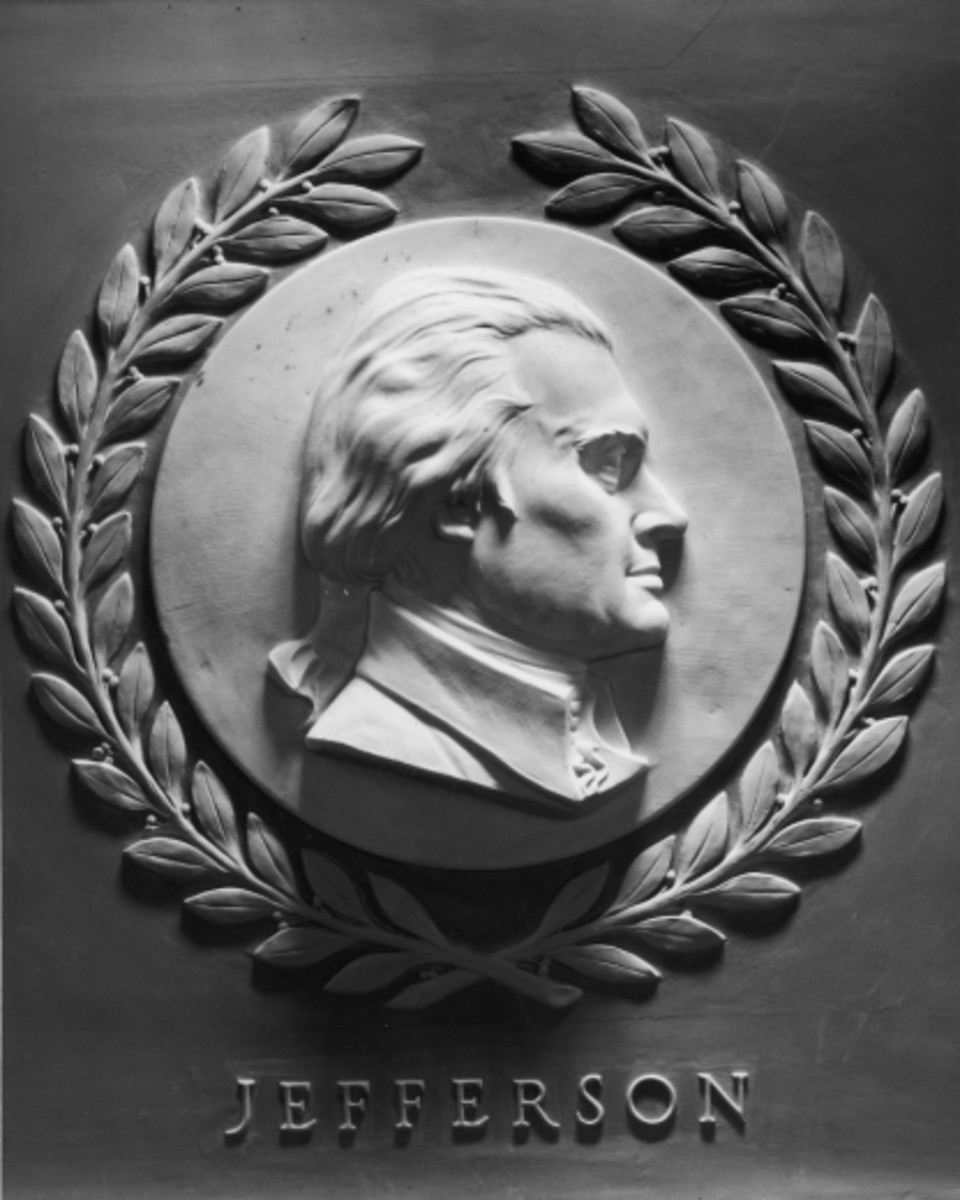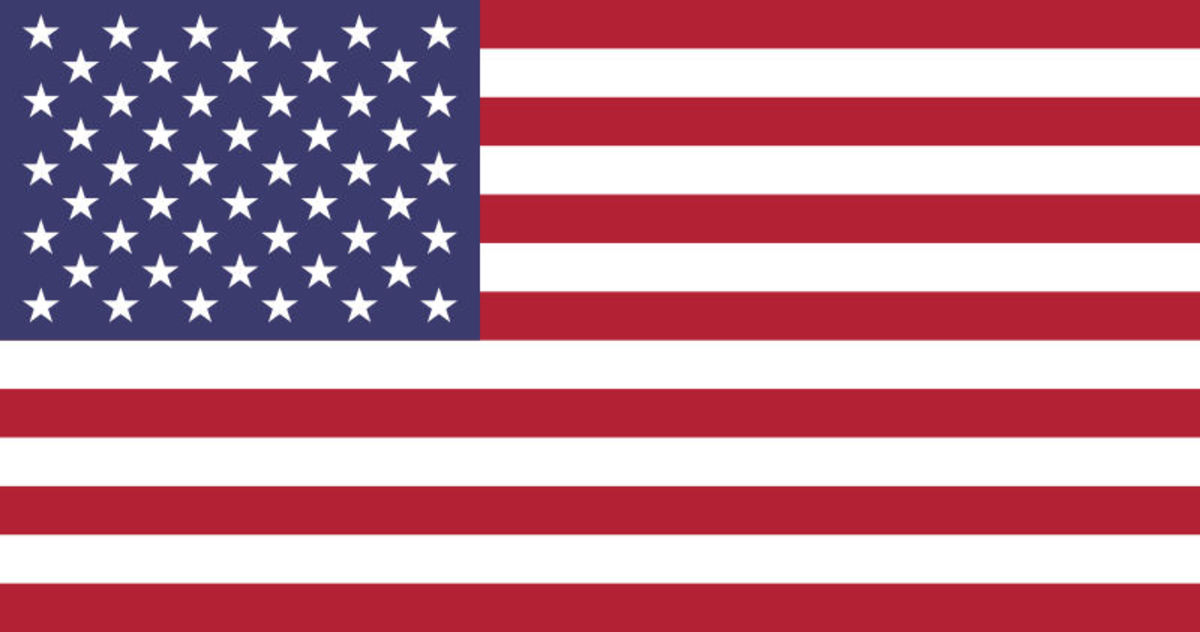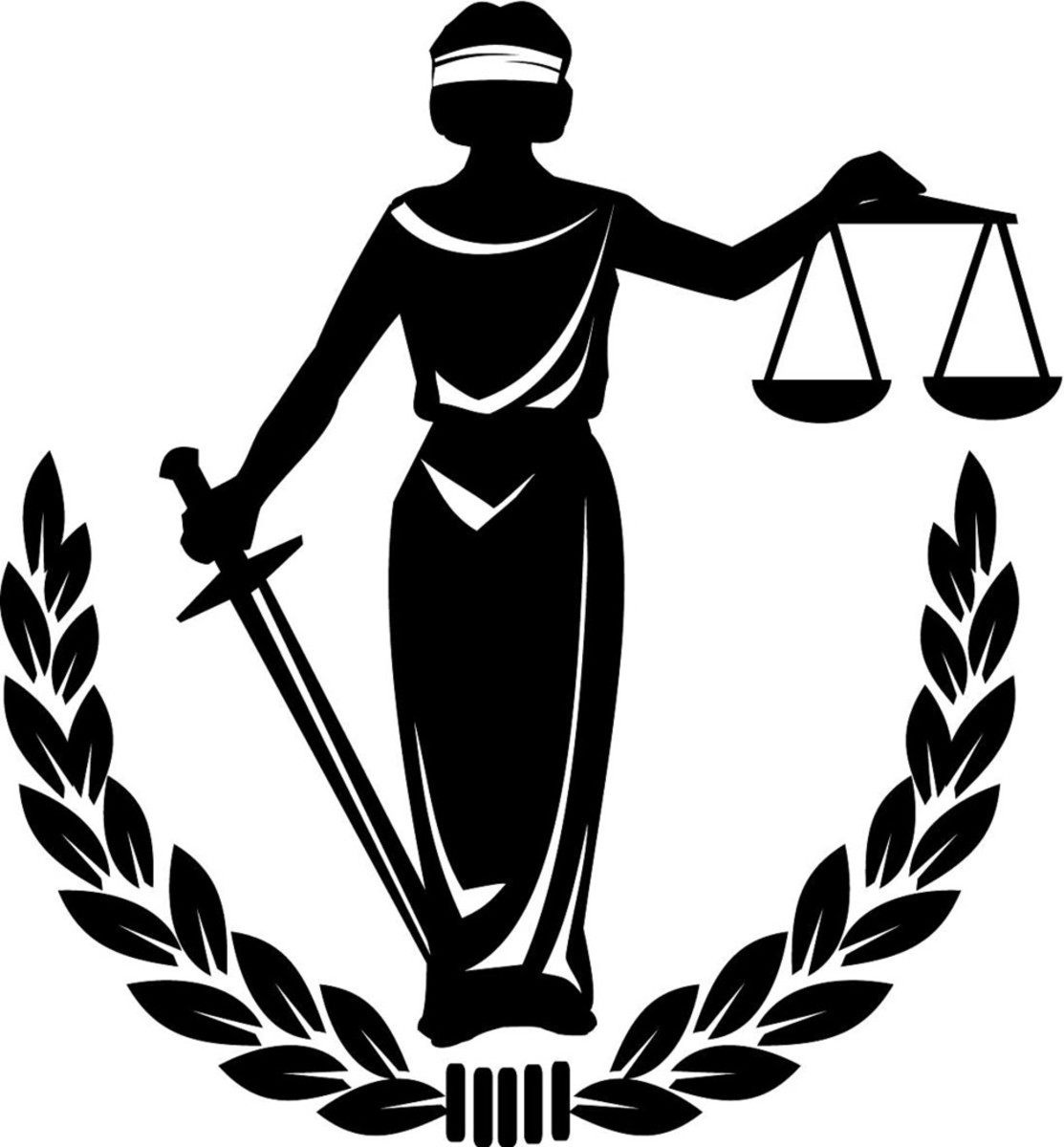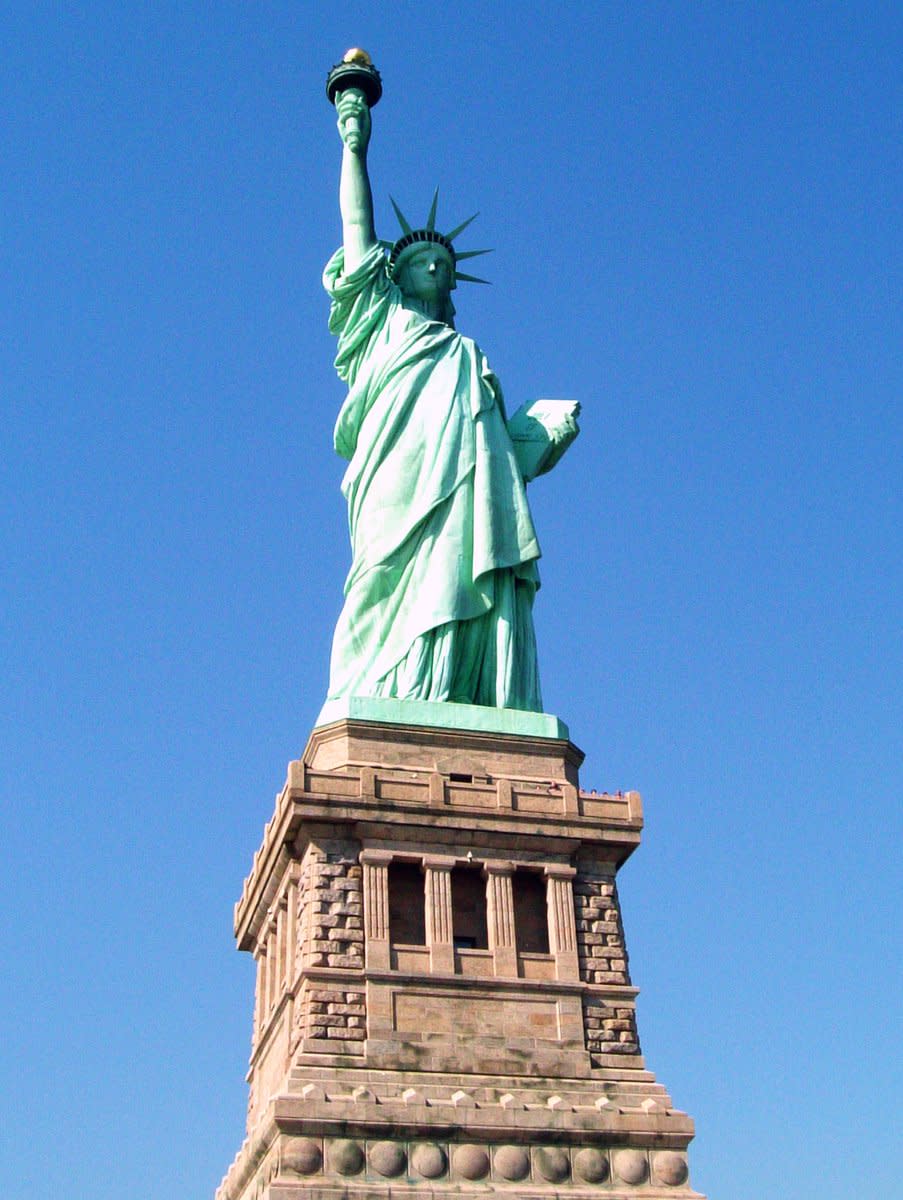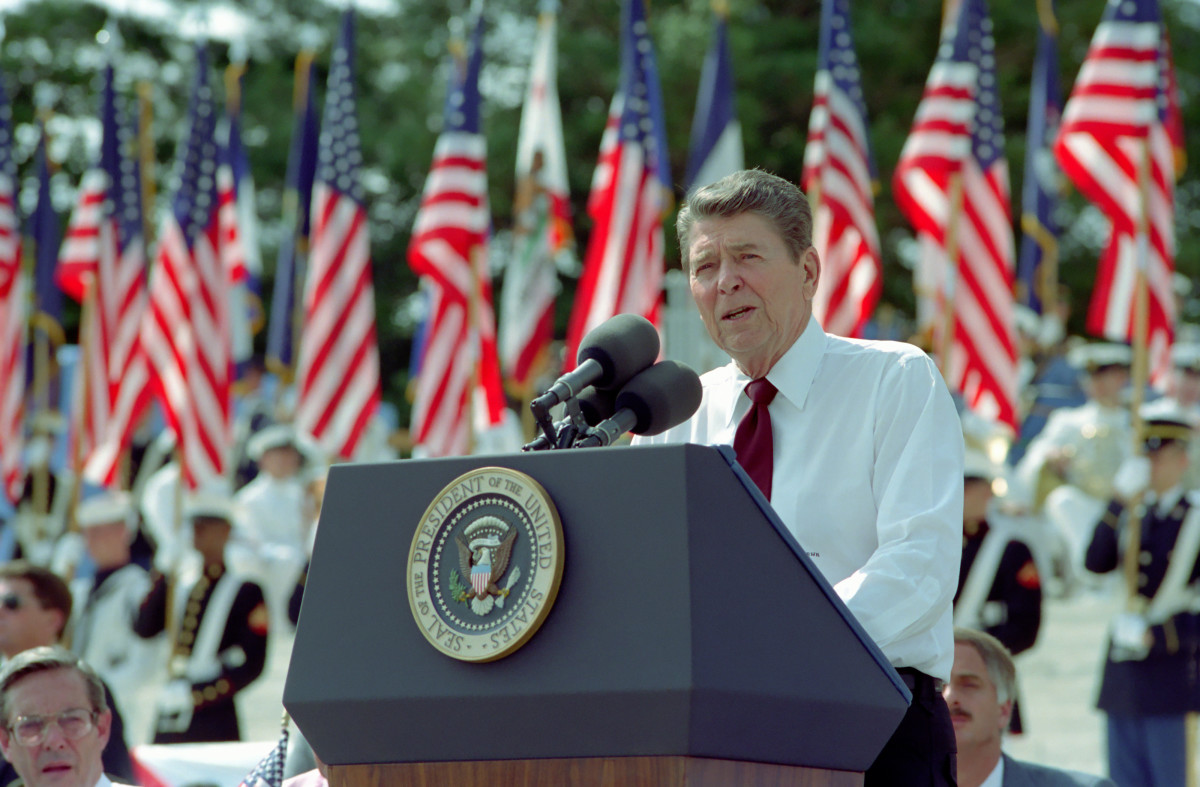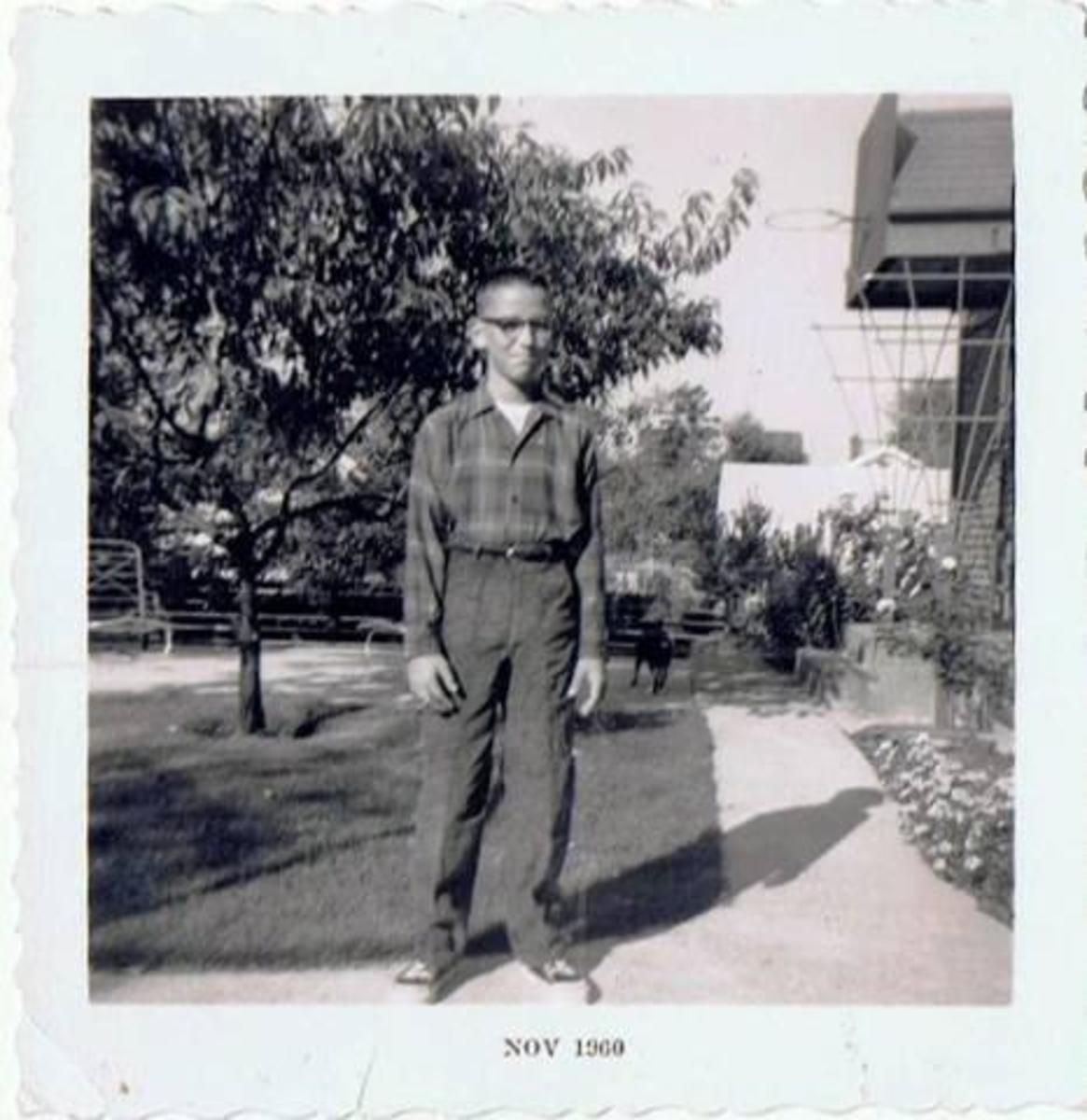Change From the Inside: A Fool's Errand
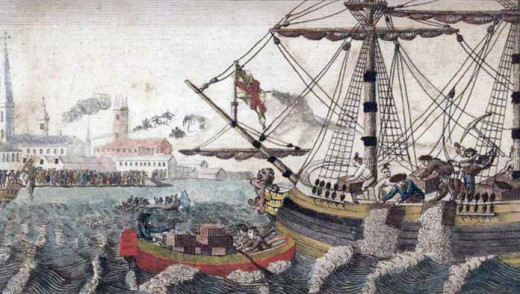
Change. A word spoken by many politicians and touted as the main function of the government. In the US there is a real sense that we, the common people, can change things. We elect representatives, congress members, the president, whenever we need someone to represent us we elect them. We choose the people who understand us. People who possess integrity, intellect, honesty, etc. Through this proxy we, the people, are the real ones making the decisions in the government. We decide what is best for us and what changes need to be made to make our lives better. If all of this is true, then why do we continue to live in squalor? Why do people still go hungry? Why are people going bankrupt from medical bills? Why are there still people living on the streets? Are we to blame for this? Have we not made the correct decisions? Do we really know what is best for us? What changes can we make from the inside to combat these problems?
Change From the Inside
Changes from the inside. What exactly does that mean? Well, we elect people to represent us. Those people go on to pass laws and policies that help us. Laws that give us rights, policies that give us healthcare. Through this action of electing representatives and officials, we can slowly morph policies into ones that benefit the people. We can send letters, make calls, and sometimes even personally talk to government officials to appeal to them. We can tell them what we want and how they can make that happen. The government expresses the will of the people. Then, as I previously asked, why hasn’t this fixed all of our problems? If the government is essentially an extrapolated interpretation of the will of the people, why are the people still suffering?
It’s simple: it’s in the best interest of the government to not change. Why would the government change? Why would we need these policies that would help the people? America has survived so long without them, why would we need them now? The government is not made up of representatives of the people, rather, it is made up of representatives of capital.
Politicians are at the top of the social hierarchy. They dictate what happens to everyone below them. Why would someone want to lose that control? Why would somebody want to make the lower castes’ situations better when it would only give them less control? Oh, but the constitution! All politicians must follow the constitution! It is like god to the priests. The priests speak the words of god and only that. They cannot twist what comes from god’s almighty mouth. What kind of priest is the politician to the constitution? How can the constitution be a god to these people when the people have the ability to twist their words? Prohibition came about from the constitution and was taken away by the constitution. What kind of god bends to its priests’ will?
Politicians not only are able to rewrite the constitution when they see fit, but they also have the ability to keep its worst parts. Take the 13th amendment for example. It outlaws slavery, except when it is used as punishment in prison. Why would politicians still allow modern-day slavery, especially when we are so far removed from its abolishment? Because it benefits them, or more specifically, it benefits their lobbyists. Corporations can use lawful slavery as a means of producing what they need. This use of slavery directly benefits corporations and does nothing for the common person. Why then is it still allowed? What benefit does the small business owner, the single mother, or the impoverished factory worker set to gain from the enslavement of prisoners?
What about rights then? Doesn’t the government grant us rights? To that, I would ask: what good are rights that can be taken away? What good is free speech when the government has the power to limit it? What good is the right to bear arms when the government can take guns away? The government uses rights as an excuse to rule over the people. And when the people do not listen, their rights can be taken away.
So the government has the power to manipulate itself to justify its existence. But can’t we elect new people to make changes that can stop these abuses of power? The problem with that notion is the assumption that the government would even allow people who want to make changes. Voter suppression is rampant in both major political parties. The government would not want to allow someone to be president if they wished to upend the system. If this notion is not true, then why has the status quo been kept for so long?
There is also an argument to be made about the people’s vote not mattering. The electoral college bars candidates from winning even if they get the popular vote. How is that representative of the people’s will? If the majority of Americans want somebody as president, they should get to choose. Instead, there is a system put into place to limit how influential the people are over elections. Even if the electoral college was abolished there would still be little choice in how the president actually controls the government. The people do not elect all of the important officials needed to keep the machine running. We do not elect supreme court justices or the president’s cabinet, two very important groups within the government. If the supreme court is supposed to assure the American people that they have equal justice under the law, why do we not get to appoint who we best see fit? If the cabinet is supposed to advise the president on their specific areas, then why can’t we elect people who we know are professionals in those areas rather than whoever the president thinks will agree with them the most?
Direct Action
So if the government is designed in such a way as to keep control out of the people’s hands, then what are we to do? I believe direct action to be the only solution. Direct action is the term for acts in which the people take economic and social matters into their own hands, rather than appealing to the government for assistance. This can manifest itself in different ways: charity, protesting, forming worker’s unions, helping those in your community, etc. Direct action is the language of oppressed peoples. It is the way in which the people show that they are unsatisfied with their conditions and their government.
Historically speaking, direct action has been the only way significant change has come to a society. The peasants of Russia would have never been truly freed from serfdom if the Russian Revolution never happened. The American people would have lived under the tyrannical rule of George III without the American Revolution. The people of India would have never become independent without the Salt March. Black Americans would not have gotten rights without the Civil Rights Movement. The list goes on and on.
The government’s ambition for control shines through when direct action is used: the British went to war with America, people were jailed for marching during the Civil Rights movement, the Russian government jailed people for speaking against the Tsar, etc. Even now we see this kind of suppression. Recently President Trump threatened to make it a felony to even attempt to harm federal monuments--even punishable by ten years in prison. People who have committed federal offenses are not allowed to vote in most states. It is no surprise that he wishes to take away people’s right to vote when they carry out direct action.
So what kind of direct action can we take today? Spreading information about the failings of the government, protesting, sharing stories about injustice, etc. can all show people what is wrong with what goes on in the US. Direct action must not only be taken when injustice occurs but at every opportunity there is.

